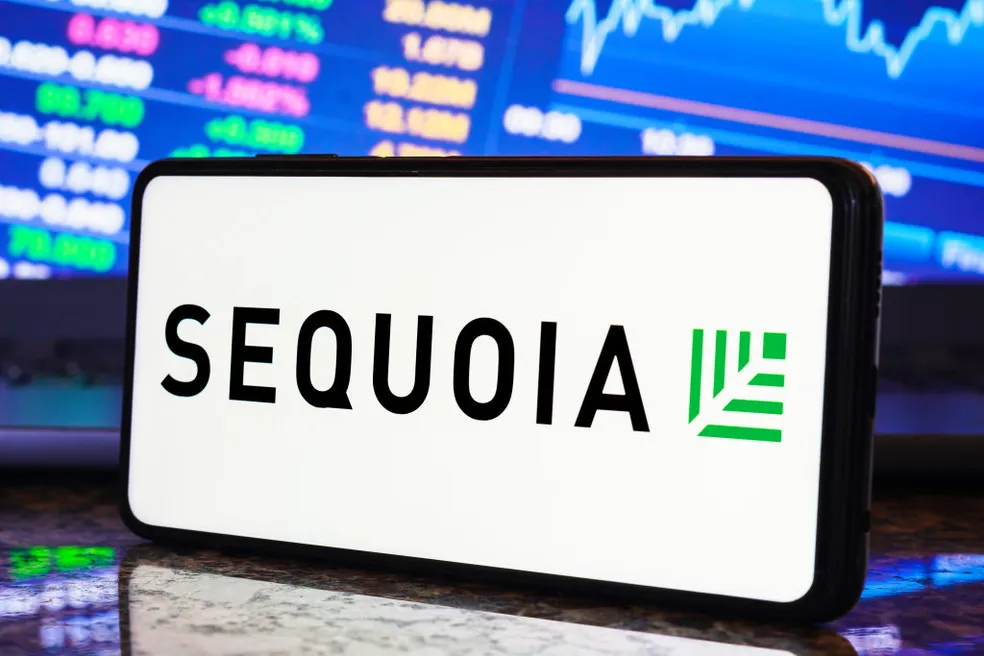An Introduction to Generative AI and Sequoia Capital’s Investment
Generative AI has become one of the hottest topics in the tech industry today. With advanced techniques like deep learning, generative AI models can produce highly realistic synthetic content like images, videos, text, and more. Sequoia Capital, a leading venture capital firm, has made major investments into generative AI startups, seeing huge potential in this emerging technology. This article will provide an overview of generative AI, explore some key companies Sequoia has invested in, and discuss the future outlook for this transformative technology.
What is Generative AI?
Generative AI refers to artificial intelligence systems that can create new content and artifacts. The key characteristic of generative AI is that it does not simply analyze data, but actively generates brand-new outputs that are realistic and often indistinguishable from human-generated content [1].
Some of the most popular applications of generative AI today include:
- Text generation – Systems like GPT-3 can generate human-like text on any topic when given a prompt.
- Image generation – Models like DALL-E 2 can create photorealistic images from text descriptions.
- Video generation – AI like Synthesia can produce synthetic videos of people talking and moving realistically.
- 3D model generation – Neural networks can generate 3D models and scenes from scratch.
- Audio generation – AI systems can mimic voices and generate music.
Generative AI relies heavily on deep learning techniques. Models are trained on massive datasets to understand patterns and correlations between inputs and outputs. The models can then leverage this learning to produce new outputs that are highly realistic and aligned to inputs provided by users[2].
Why is Generative AI Important?
There are several reasons why generative AI is having such a huge impact:
- Democratization of creation – Generative AI makes the ability to generate realistic content accessible to everyone. Creators no longer need advanced skills like coding or design to produce high-quality outputs.
- Efficiency – Generative models can produce outputs orders of magnitude faster than humans. This has huge implications for design, animation, and content production industries.
- Personalization – AI systems allow for easy customization and personalization of content. For example, unique images can be generated on demand for each user.
- Innovation – Generative AI enables completely new applications and experiences using synthetic media. Models are only limited by imagination.
- Economic impact – Experts estimate generative AI could contribute over $5 trillion to the global economy by 2030[3]. Major productivity gains and cost savings are expected across many industries.
In summary, generative AI is revolutionary because of its ability to democratize creation, improve efficiency, enable personalization, drive innovation and deliver significant economic impact.
Sequoia Capital’s Investments in Generative AI
Sequoia Capital is one of Silicon Valley’s most successful VC firms, with early investments in companies like Apple, Google, LinkedIn, YouTube and Instagram. More recently, Sequoia has been very active in the generative AI space, pouring hundreds of millions into startups building cutting-edge generative models[4].
Some of Sequoia’s major generative AI investments include:
- Anthropic – Develops AI assistant Claude and Constitutional AI PBC for safe generative models. Sequoia led a $300 million Series C round in 2022.
- DALL-E – Created DALL-E and DALL-E 2 for text-to-image generation. Acquired by OpenAI in 2021.
- Parti – Builds generative models for videos and images. Sequoia co-led a $100 million seed round in 2022.
- You.com – Search engine leveraging large language models like GPT-3. Sequoia invested $20 million in 2021.
- Viseven – Uses AI to create synthetic voiceovers. Backed by Sequoia to the tune of $5 million in 2021.
- Imagen – Develops text-to-image models. Sequoia participated in a $100 million Series B round in 2022.
Sequoia’s thesis is that generative AI represents the next major computing platform, on par with prior shifts like mobile and cloud[5]. Their investments signal a strong belief that generative startups have the potential to drive tremendous value creation.
Current State and Future Outlook
The rapid progress in generative AI over the past few years has been remarkable. However, there are still many challenges and opportunities ahead:
- Model scaling – Training larger models on more data will enable higher quality outputs and new capabilities.
- Multimodal – Combining text, images, video and audio together in generative models.
- Personalization – Adapting models to individual users and contexts.
- Specialization – Domain-specific models focused on particular content areas like medicine, law or engineering.
- Commercialization – Making generative AI accessible and affordable to mainstream users.
- Governance – Ensuring generative models are developed safely and ethically as they grow more powerful.
While generative AI shows immense promise, it also poses risks around misinformation, privacy violations, and malicious use that must be carefully managed. Striking the right balance between innovation and regulation will be critical going forward[6].
Overall though, generative AI appears poised to drive major breakthroughs in many industries. Sequoia’s big bets on companies like Anthropic and Parti highlight the vast upside potential. We are likely still just scratching the surface of what generative models are capable of. The next decade promises to be defined by the novel applications and business models unlocked by this transformative technology.
Generative AI Sequoia FAQ
What is generative AI Sequoia?
Generative AI Sequoia refers to the field of generative artificial intelligence technology that is associated with Sequoia Capital, a prominent venture capital firm. Generative AI involves the use of artificial intelligence models to generate creative and innovative outputs.
Who is Sonya Huang and Pat Grady?
Sonya Huang and Pat Grady are individuals associated with Sequoia Capital. Sonya Huang is a partner at Sequoia Capital, while Pat Grady is a partner emeritus. They play a significant role in evaluating and investing in AI companies.
What are some common applications of generative AI?
Generative AI has a wide range of applications across various industries. Some common applications include creative content generation, artwork creation, text generation, music composition, and virtual assistant interactions.
How does generative AI impact the market?
Generative AI has the potential to disrupt and reshape industries by enabling the creation of entirely new AI systems and applications. It opens up possibilities for innovation and can lead to the development of new products and services.
What is a market map in the context of generative AI?
A market map in the context of generative AI refers to the visual representation of the generative AI market landscape. It showcases the various players, their offerings, and how they are interconnected in the generative AI industry.
Are there any killer apps in the generative AI market?
While certain standout applications exist in the generative AI market, the concept of “killer apps” is subjective and constantly evolving. As the field progresses, we can expect to see more innovative and impactful applications emerge.
What is GPT-3?
GPT-3 (Generative Pre-trained Transformer 3) is a highly advanced language model developed by OpenAI. GPT-3 utilizes deep learning techniques to generate human-like text and has been widely regarded as a significant breakthrough in natural language processing.
How does generative AI contribute to the future of artificial intelligence?
Generative AI plays a crucial role in advancing the field of artificial intelligence. It enables new ways of human-computer interaction, fosters creativity, and pushes the boundaries of what is possible with AI technology.
References
[1] https://en.wikipedia.org/wiki/Generative_adversarial_network
[2] https://research.aimultiple.com/generative-ai/
[3] https://www.pwc.com/gx/en/issues/data-and-analytics/publications/artificial-intelligence-study.html
[4] https://www.forbes.com/sites/martineparis/2022/08/23/how-sequoia-capital-is-placing-big-bets-on-the-future-of-generative-ai/
[5] https://www.protocol.com/newsletters/protocol-ai/sequoia-capital-ai-investment-strategy
[6] https://www.vox.com/recode/23320076/artificial-intelligence-ethics-regulation-big-tech









Leave a Reply